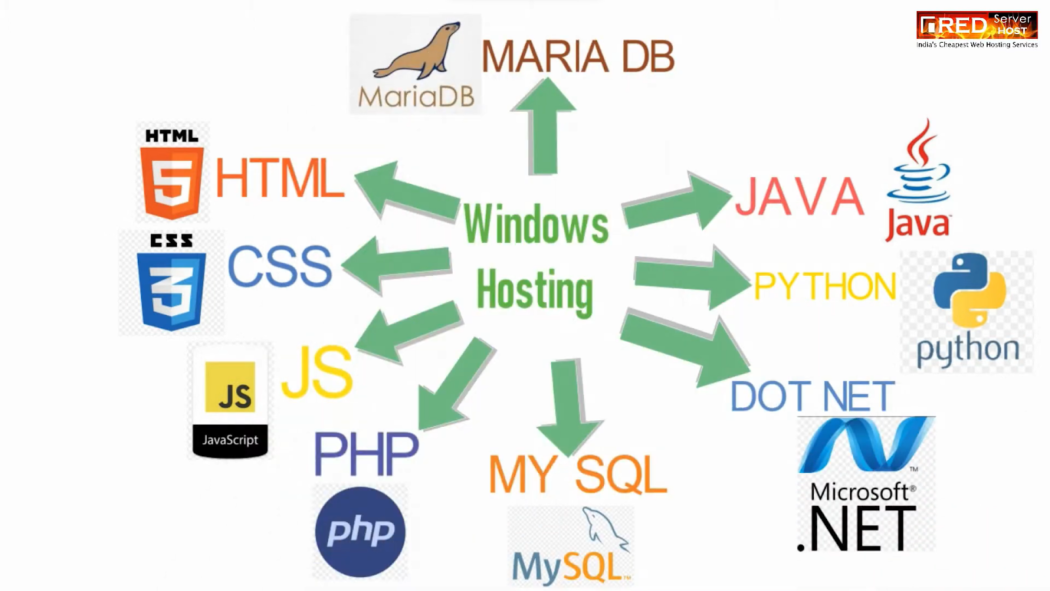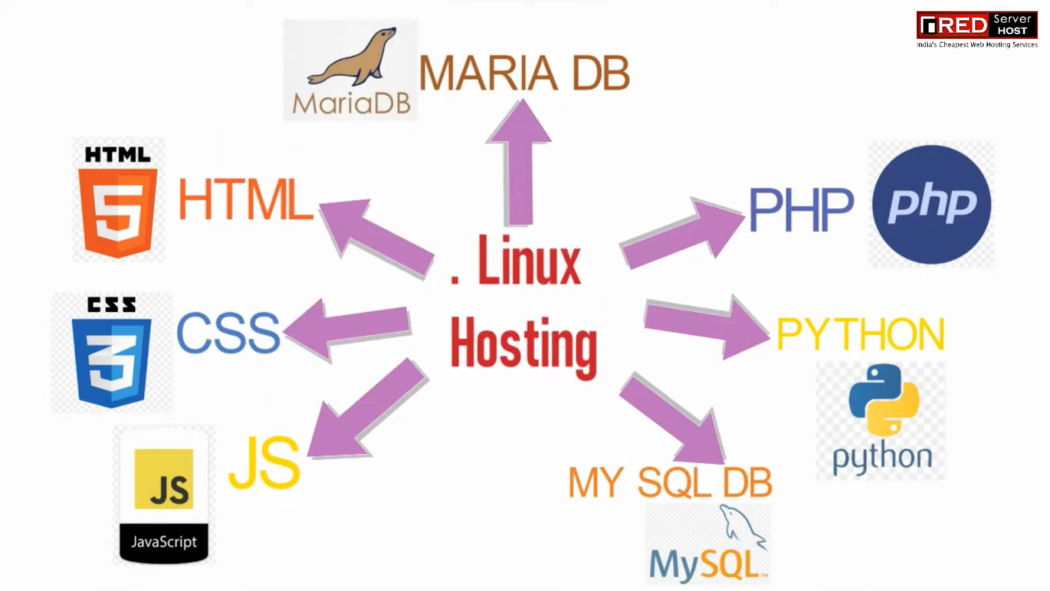When considering where to host your website, you face a pivotal choice: should you opt for Windows hosting or Linux hosting? Each option boasts its own advantages, but it’s essential to grasp the distinctions between them in order to make an educated decision. In this article, we will explore the realms of Windows and Linux hosting, evaluating them based on performance, security, compatibility, and cost. By the conclusion, you will possess a more defined understanding of which hosting environment aligns best with your unique requirements.
Overview of Windows and Linux Hosting
Windows and Linux hosting represent two separate web hosting environments, each tailored to specific requirements. Windows hosting relies on the Windows operating system and excels when used for websites and applications dependent on Microsoft technologies such as ASP.NET and MS SQL Server. Conversely, Linux hosting operates on the Linux operating system, renowned for its stability and adaptability, making it a prime option for websites powered by open-source technologies like PHP, MySQL, and Apache. Grasping these fundamental distinctions is crucial for identifying the hosting platform that best suits your particular web development needs and goals.
Before we dive into the specifics, let’s take a moment to understand the fundamental differences between Windows and Linux hosting:
- As the name suggests, Windows hosting is based on the Windows operating system. It utilizes technologies like ASP.NET and Microsoft SQL Server. This hosting environment is ideal for websites and applications that require Microsoft technologies;
- Linux hosting, on the other hand, is built on the Linux operating system. It primarily uses open-source technologies like PHP, MySQL, and Apache. Linux hosting is renowned for its stability and versatility, making it a popular choice among web developers.
Performance
Performance is a crucial factor to consider when choosing a hosting platform. Let’s compare the performance of Windows and Linux hosting:
| Aspect | Windows Hosting | Linux Hosting |
|---|---|---|
| Performance | Good for Microsoft technologies | Excellent for PHP and MySQL |
| Resource Usage | More resource-intensive | Efficient resource usage |
| Scalability | Suitable for medium to large websites | Suitable for various website sizes |
Windows Hosting:
- Tends to perform exceptionally well with websites and applications developed using Microsoft technologies such as ASP.NET;
- It may offer better performance for websites that rely heavily on Microsoft databases like MS SQL Server;
- Can be resource-intensive, making it less suitable for smaller websites or those with limited resources.
Linux Hosting:
- It is known for its robust performance, especially for websites powered by PHP and MySQL;
- It’s highly efficient in handling multiple simultaneous requests, making it suitable for high-traffic websites;
- Typically consumes fewer server resources compared to Windows hosting, making it cost-effective for small to medium-sized websites.
Security
Security is paramount for any website or application. Let’s see how Windows and Linux hosting stack up in terms of security:
Windows Hosting:
- Windows hosting benefits from regular security updates provided by Microsoft;
- It is considered secure for websites built on Microsoft technologies, but vulnerabilities may arise if not properly maintained;
- Antivirus and firewall software are readily available for Windows servers, enhancing security.
Linux Hosting:
- It is renowned for its robust security features and is less susceptible to malware and viruses;
- The open-source nature of Linux allows for continuous community-driven security enhancements;
- It offers strong user privilege management, reducing the risk of unauthorized access.
| Aspect | Windows Hosting | Linux Hosting |
|---|---|---|
| Security | Secure for Microsoft technologies | Robust security features |
| Updates | Regular updates from Microsoft | Community-driven updates |
| Vulnerabilities | Potential vulnerabilities if not maintained | Lower susceptibility to malware |
Compatibility
Compatibility plays a pivotal role when it comes to choosing between Windows and Linux hosting. In the realm of Windows hosting, it shines as the preferred option for websites or applications that heavily lean on Microsoft technologies such as .NET, ASP.NET, and MSSQL. However, it may present challenges when attempting to integrate open-source software or applications originally designed for Linux environments.
On the other hand, Linux hosting boasts robust compatibility with open-source technologies like PHP, MySQL, Apache, and a wide array of content management systems (CMS) like WordPress. It thrives in environments where these technologies are essential. Yet, it may not be the most suitable choice if your website or application heavily relies on Windows-specific tools. Understanding compatibility nuances is essential for making the right hosting decision to ensure seamless operations for your web-based projects.
Windows Hosting:

- It is the go-to choice for websites or applications that rely on Microsoft technologies like .NET, ASP.NET, and MSSQL;
- It may not be as compatible with open-source software or applications designed for Linux environments.
Linux Hosting:

- It is highly compatible with open-source technologies like PHP, MySQL, Apache, and various content management systems (CMS) like WordPress;
- It may not be the best choice if your website or application is dependent on Windows-specific tools.
| Aspect | Windows Hosting | Linux Hosting |
|---|---|---|
| Compatibility | Ideal for Microsoft technologies | Excellent for open-source software and applications |
| CMS Support | Limited support for open-source CMS | Extensive support for open-source CMS |
Cost
Cost considerations are often a significant factor for website owners. Let’s compare the cost implications of Windows and Linux hosting:
Windows Hosting:
- Typically comes with licensing fees for Microsoft technologies, which can increase the overall cost;
- It may be more expensive than Linux hosting, especially for small to medium-sized websites.
Linux Hosting:
- It is cost-effective as it relies on open-source software, eliminating licensing fees;
- An excellent choice for budget-conscious website owners and startups.
Conclusion
In the eternal battle of Windows vs. Linux, the choice ultimately depends on your specific needs and preferences. Windows shines with its user-friendly interface and extensive software library, making it an excellent choice for everyday users and gamers. On the other hand, Linux offers superior performance, stability, and security, making it a preferred option for servers, developers, and those who value customization.
Ultimately, both operating systems have their strengths and weaknesses. The decision between Windows and Linux should be guided by your individual requirements, whether it’s for personal use, business, or specific technical needs. Regardless of your choice, both Windows and Linux have carved out their niches in the world of computing, ensuring that users have a wide range of options to suit their preferences and objectives.










